

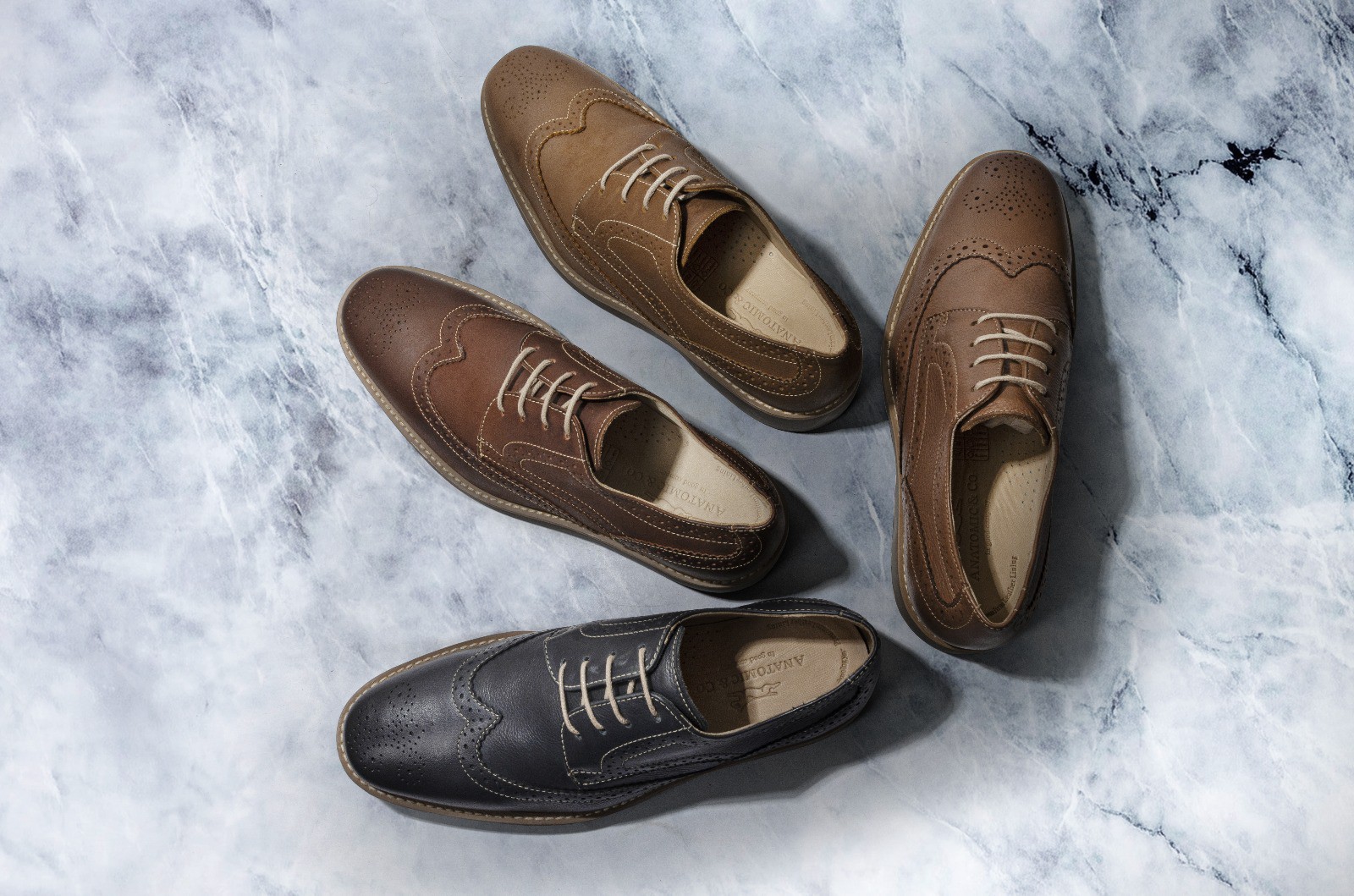
2025-06-24 | By Brazilian Footwear
The footwear expertise ingrained in the DNA of the Brazilian couple Moema Pimentel Faleiros and João Carlos Archetti Conrado was key to the creation of Anatomic Shoes, a company established after the couple relocated to the UK. In Britain, they raised the banner of the Brazilian footwear industry with the goal of bridging the UK and Brazil. The company, which operates exclusively in the international market with the brands Anatomic&Co, Archetti, Moema, and Anatomic Prime, has won numerous awards, including the Men's Brand of the Year award in 2018. Co-founder Moema Pimentel, who studied footwear design at the London College of Fashion, is featured in this edition of It’s Time to Talk. A key female leader in the sector, Moema shares insights about the business’s beginnings, market challenges, the company’s landscape, and, of course, the presence of women in the corporate world.
Brazilian Footwear: Can you tell us a bit about your professional journey and the company’s beginnings?
Moema Pimentel: I’m from Franca, and my mother is a footwear stylist, developing major brands in Brazil. My first significant encounter with footwear was when she brought an Italian designer to Franca to teach a course in pattern making and styling. I was 12 years old at the time, and I went to help make coffee. While he was teaching people to draw, I was there making coffee, sketching, and following along with the class. That’s when I started to take an interest in design and footwear. After that, I worked extensively with footwear in various ways. I was familiar with footwear manufacturing, but since I’ve always been very interested in the Humanities, I studied Psychology in college. I worked a lot in HR, people management, and organizational change, and then decided to move to England to learn English. João, my husband, who is a lawyer by training, went to England first. We started working and always talked about having our own business and making that bridge with Brazil. We founded the company in 2004 and began testing products from Jaú, Franca, the South of Brazil, and Belo Horizonte. Our goal has always been to sell brands, not private label products. It all started very organically, and we realized we needed a partner, a manufacturer with the openness to develop. The product has to be developed for the market where it will be sold.
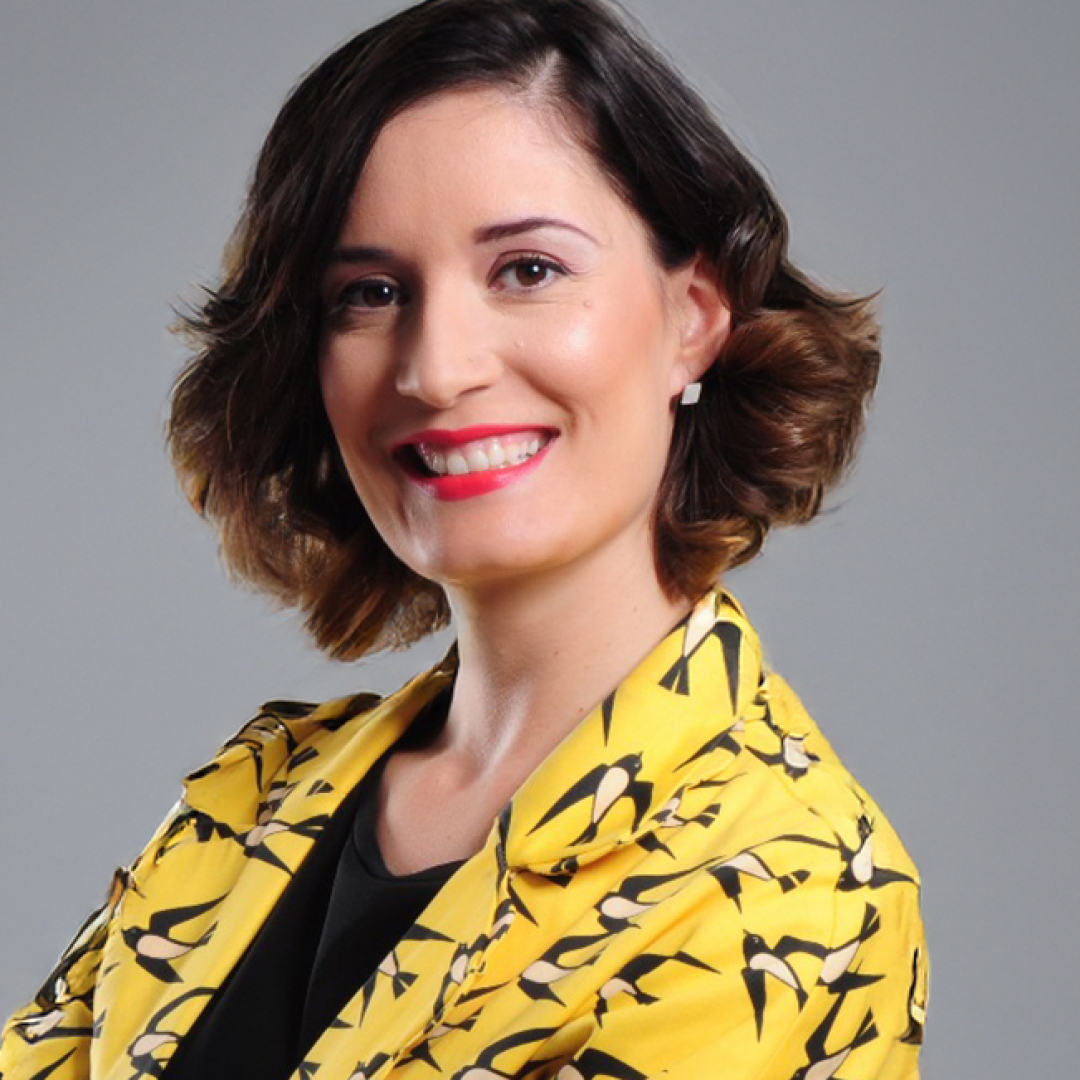
Brazilian Footwear: Did you manage to find that partner?
Moema: We almost hit a dead end with some Brazilian brands, but with Anatomic Gel, we were able to establish a partnership. The footwear is of high quality, but we also needed to make some adjustments, especially because in Europe, there are issues with regular, wide, extra-wide sizes, as well as larger sizes. We work with well-known designers in the UK market, and we create the lasts for our shoes here precisely because of these factors. Today, we sell under the Anatomic&Co brand, with Anatomic Gel technology, which is the base of the rubber sole, offering great flexibility and a lining made from a soft, natural leather blend. It’s a shoe recipe. In the beginning, we made a small collection that appealed to the local market, and that’s how we started growing.
Brazilian Footwear: Did you need to adjust anything due to the business growth?
Moema: Yes, we realized that we would need to adapt to the sales model in the UK and Europe. Retailers, especially independents, want immediate availability. We have to consider that in England, spaces are smaller; it’s not like a store with a huge stockroom behind it, as we have in Brazil. The stock here is quite limited. Retailers need to restock, and we saw that we needed to have our own inventory. We had to start expanding, and little by little, we built this business.
Brazilian Footwear: Vocês tem o Monty, um cachorro, como inspiração para o logotipo da Anatomic&Co. Qual a história por trás dessa inspiração?
Moema: Yes, Monty was our muse. In the past, we had a little dog in our logo, but it wasn’t a logo that stood out much, and we wanted to do a rebranding. With the help of Abicalçados, we entered a rebranding project, and it was great. We took a completely different direction for the brand, but we still wanted to keep the dog. Monty, our dog, came to the office every day. We asked the agency in São Paulo for two logo options, one with and one without the dog. The result of the survey we did was unanimous. So, he continued to be our inspiring muse. He came to work with us every day, and all our clients, suppliers, everyone knew him. He passed away last year at 16, but he remains a part of our story.
Brazilian Footwear: You’ve mentioned a bit about the partnership with Anatomic Gel, but I’d like you to also talk about this exclusive technology that’s incorporated into your footwear.
Moema: Nowadays, the vast majority of our products with rubber soles are made with Anatomic Gel, but we also have a collection that we produce with other manufacturers. The Anatomic Gel technology provides instant comfort – you put them on and walk. It’s like walking in a slipper. When we started, we refined the Anatomic Gel lasts to better suit European tastes, and I think it was a great partnership because we know that many of these shoes are now doing well in the Brazilian domestic market. We managed to bring a certain design and refinement to the collection, but they already had many great features. The material, the sole, the lasts are all meticulously excellent.
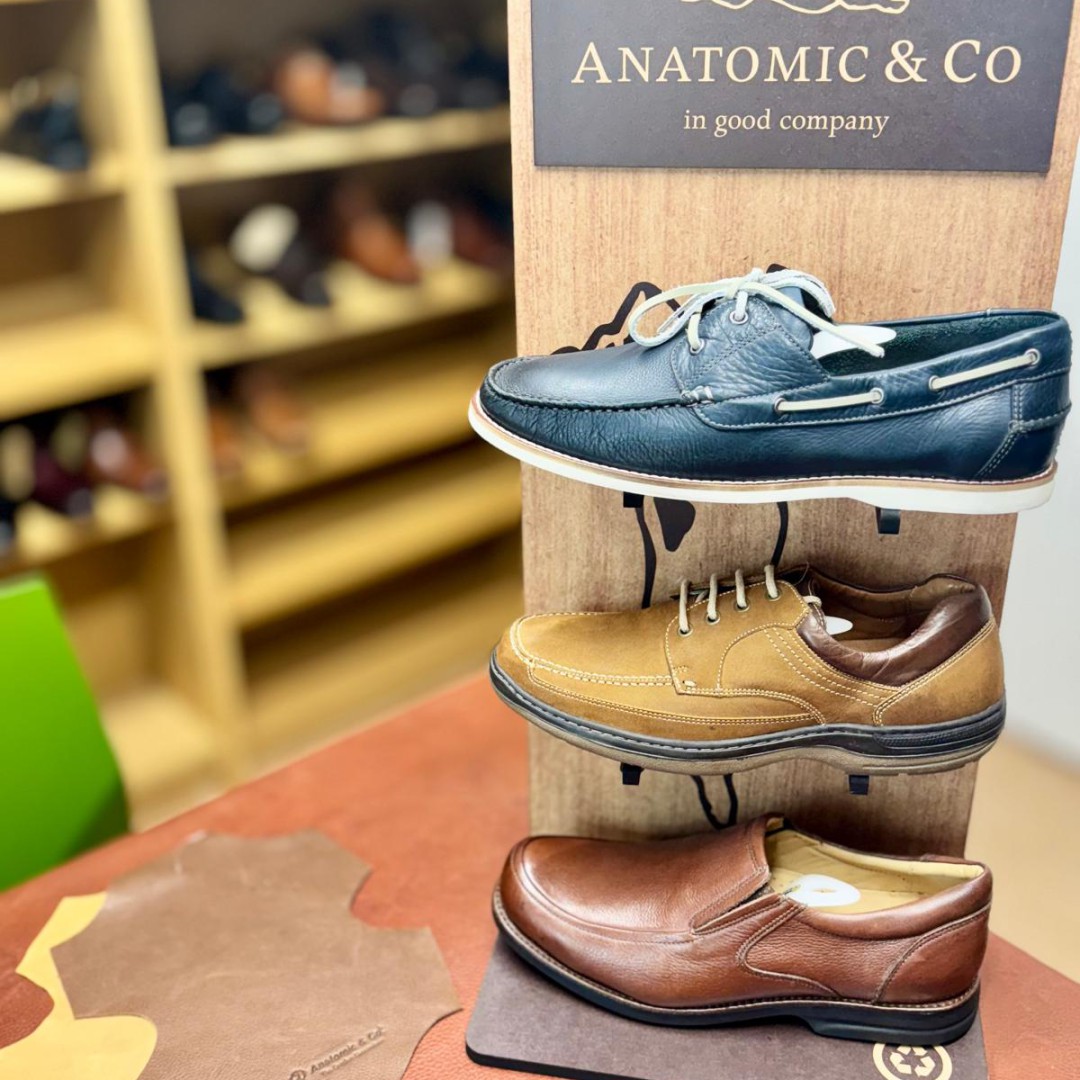
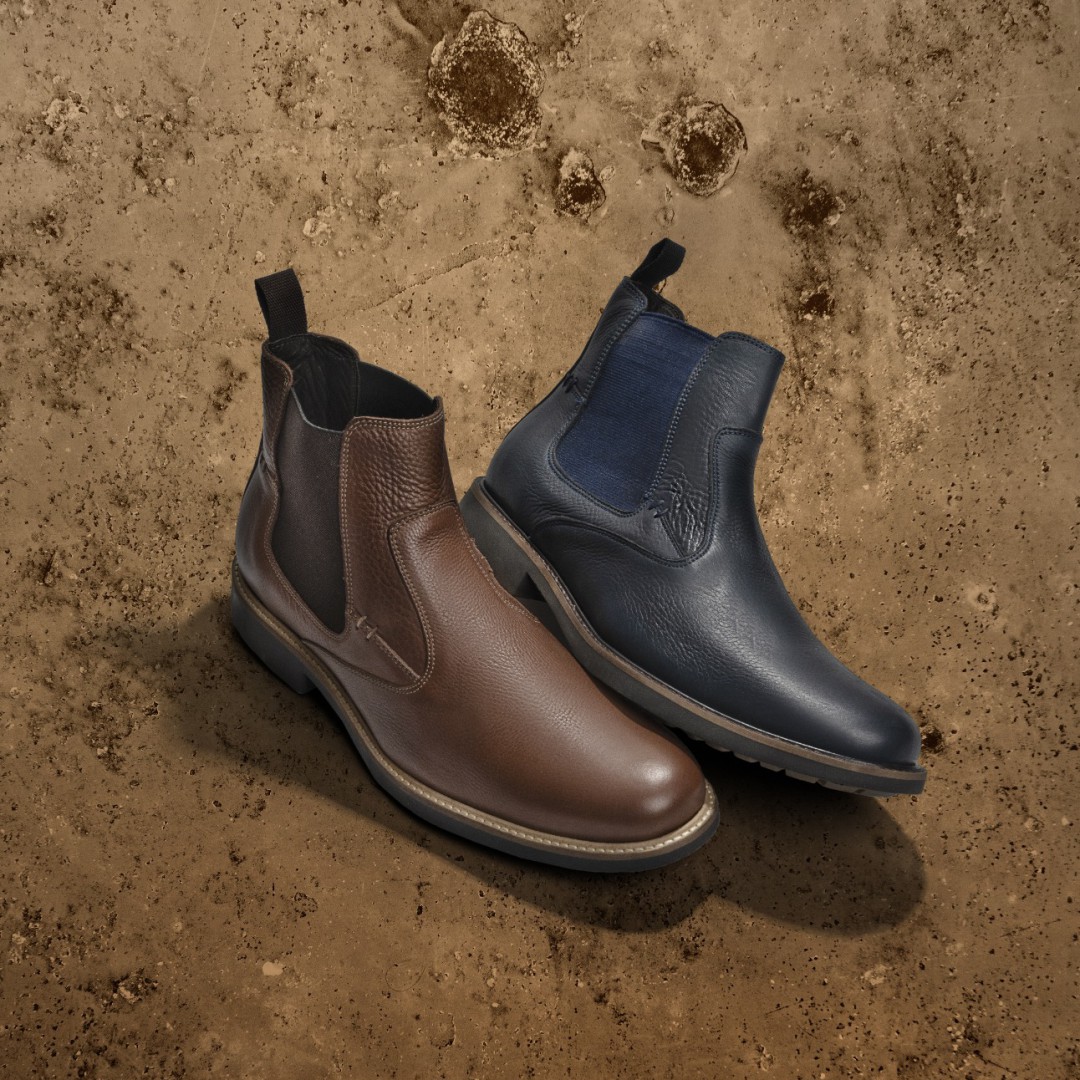
Brazilian Footwear: In 2004, you placed over 60 pairs in a store to test the response. They were sold out in just one weekend. I’m curious about this story...
Moema: That was the test import. We brought in the shoes and needed to find a place to sell them, so we left them on consignment in a store near where we lived in South London. After the weekend, the store owner called us asking for more shoes because they were all gone. From that experience, we realized we needed to make our mark in the market. And the first trade show we did was quite funny. We set up the booth ourselves, and no one had come by until the last day, when a businessman picked up a boot, saying he had a company in Scotland and asking for a sample in size 43. We made the sample, sent it to him, and went to Scotland for a meeting. We closed the order, which was 120 pairs at the time. He became our number 1 client and is now a friend. Footwear isn’t the company’s flagship product, but to this day, he still orders that same boot, which is our best-seller called Amazonas. He keeps placing orders, and because of him, we also opened many accounts with other stores.
Brazilian Footwear: Now, speaking more about Anatomic & Co, how many employees do you have? Which markets do you operate in?
Moema: We work exclusively in the international market. Our team is small, with fewer than ten people between Brazil and the UK. We focus on keeping the company lean and having the necessary software to work remotely. We’ve just launched a B2B system where clients can access, place orders, and check if there are any pending items. Since we work with third-party manufacturers, the number of employees involved in production is larger, as each factory has its own staff. Since last year, we decided to eliminate commercial representatives, and João personally visited all the stores to identify any gaps in the territory, assess if we’re meeting demand, and ensure our representation in the store is as strong as possible. This can only be built through relationships. We are present in 60 countries, and the largest markets today are the UK, Ireland, and some others such as the Middle East, Germany, the US, Japan, Singapore, Malaysia, and Latin America.
Brazilian Footwear: How was 2024 for the company?
Moema: It was a year of recovery. We were still dealing with the aftermath, not only of the pandemic but also of Brexit, with many things still uncertain regarding trade agreements with Europe. It was during this time that we decided to visit all of our clients, so we did a lot of fieldwork last year. It was really beneficial because we managed to join a large buying group that we had been eyeing for some time. We are now seeing all the results of that work from last year in 2025. Nowadays, we have a business structure that allows us to distribute for other brands because we have a dry port here. Through Anatomic Shoes, we can offer this hub in the UK for other Brazilian companies to sell in this challenging market.
Brazilian Footwear: What are the projections for 2025?
Moema: This year is looking very promising. I don’t have a growth forecast, but we know there will be growth. Many companies faced significant challenges during the pandemic and Brexit, and we were very proactive in establishing this dry port. We achieved this process in seven months, whereas companies today are taking about three years because we started early and worked through the pandemic. It’s a year we expect to be very promising, and a lot of it has to do with this fieldwork. It's kind of going back to our roots and putting ourselves out there.
Brazilian Footwear: March is Women's Month. Moema, what are the main challenges faced by a woman like you, a leader in your field, in the market?
Moema: I think there’s always the challenge of sexist bias. A lot has improved, but even though we have many influential women, it’s still a predominantly male market in footwear. We see brands like Bibi, Piccadilly with female leadership, and many companies led by women. We, as women, also need to overcome this imposter syndrome, we shouldn’t be afraid of being in leadership. We also need to encourage female entrepreneurship; girls need to feel that they can do it. And this has to start from the bottom up. For example, I have an apprentice who started in October, and I involve her in everything. She’s 18, young, but there’s nothing in the company that anyone else does that she can’t do. We need to assert ourselves.
Brazilian Footwear: The footwear industry is a highlight when we talk about the presence of women in the manufacturing industry in Brazil. However, there’s still much to be done. In your opinion, how can the footwear industry stand out even more in terms of female presence in the industry?
Moema: We are a generation that, little by little, is managing to overcome this sexist stigma. We need to start involving women in the workforce from an early age. I see that large companies that have had succession plans with consultancy are now having female leadership. It’s important to consider women with the same weight and without bias. Women are very well-prepared.
Brazilian Footwear: What message would you like to leave for women entering the workforce?
Moema: It’s a tough question because it’s so broad, but I believe we always have this dichotomy of work, family, and being a woman. Women need to connect with those who are on the same team. Another thing is knowing how to ask. Women need to be more astute and have the confidence that they can ask for more, have more, achieve more, and move forward. This rise depends on each one of us.
Brazilian Footwear: To finish, what word defines the importance of women in the Brazilian footwear industry?
Moema: Women bring beauty to the industry, not just creativity and ideas, but the beauty of tenderness in management, of humanity. They bring a unique creativity that is part of our country’s DNA, the ability to create companies and organizations that have synergy, that are beautiful to look at and to be a part of.
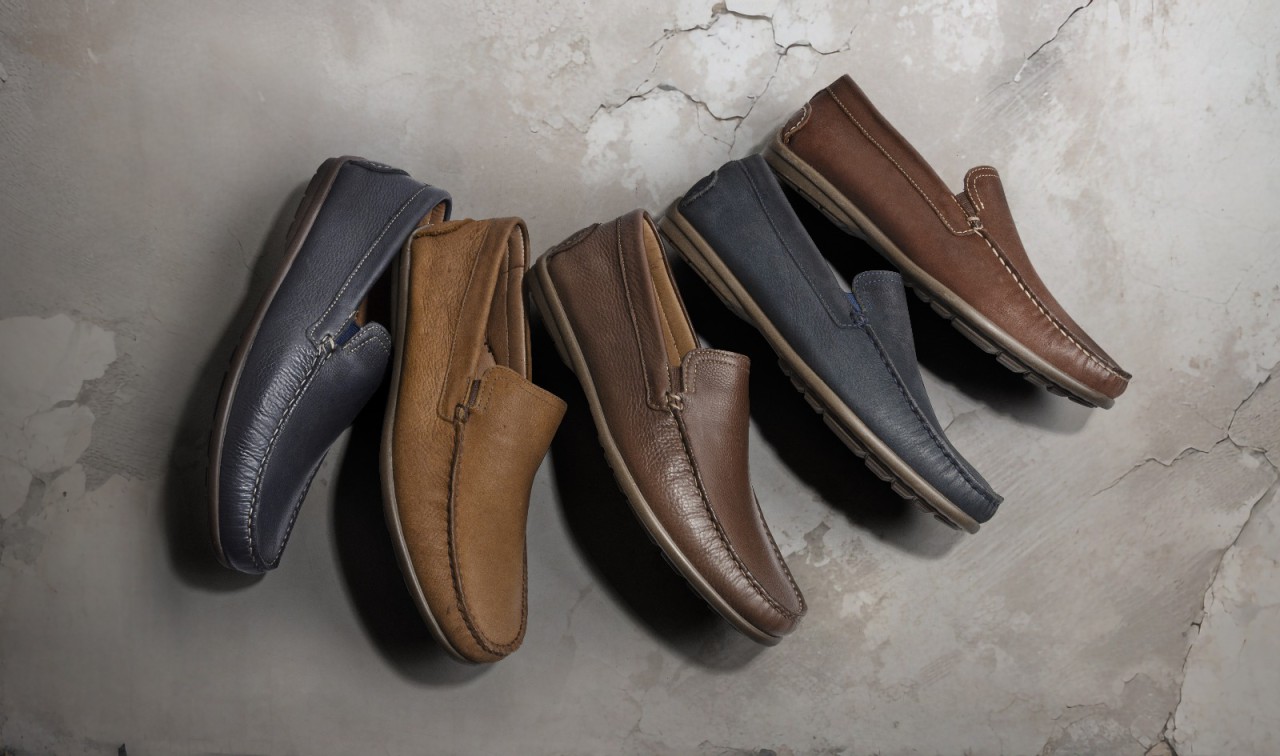
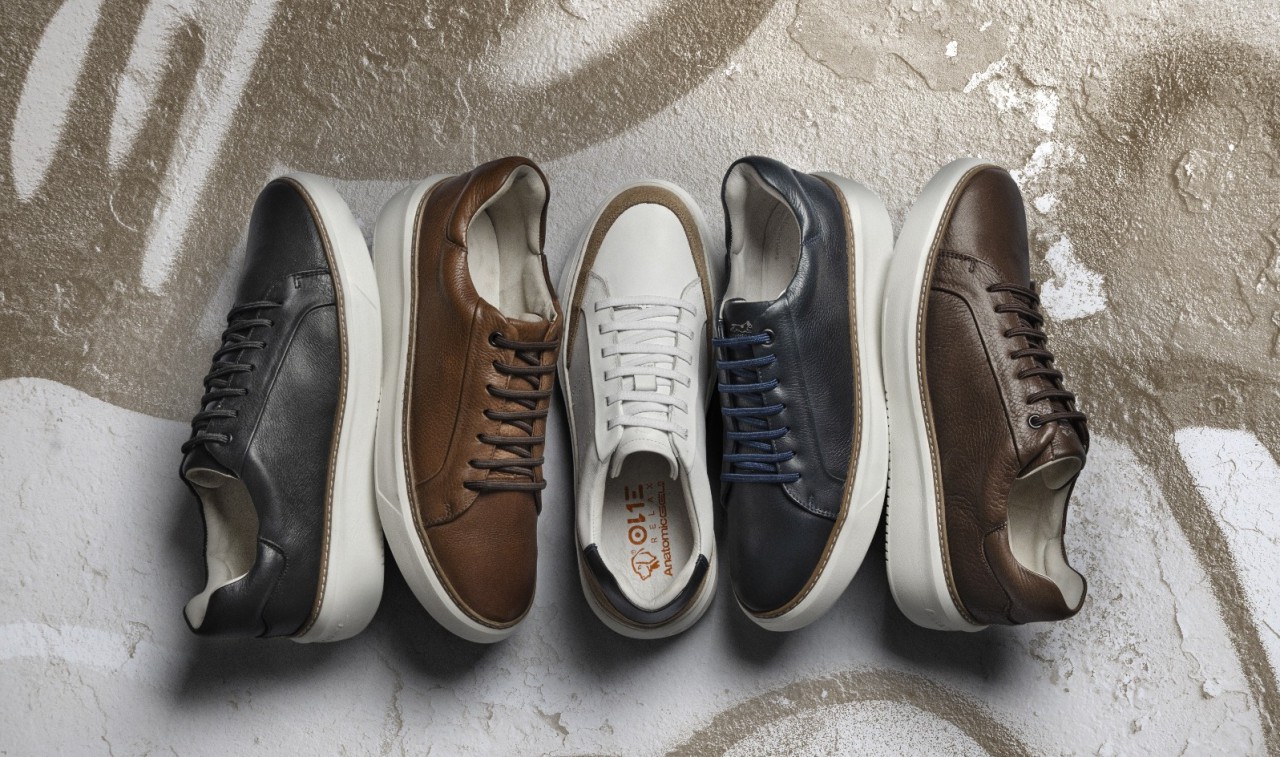
Promote your brand
Contact us to find out how to promote your Brazilian footwear brand on the platform.